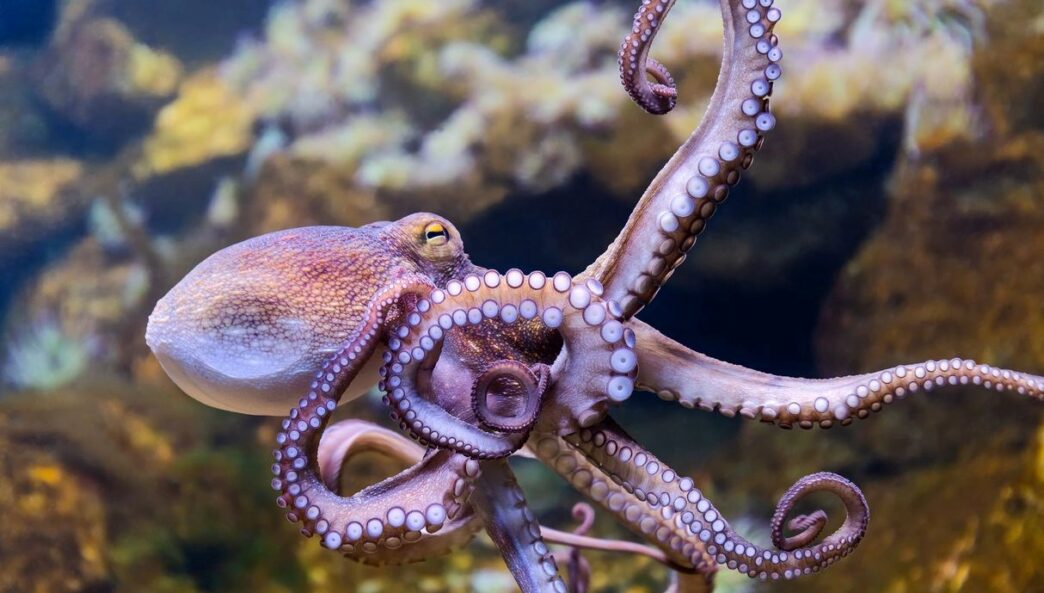Scientists have discovered the chromosome that determines the sex of octopuses. This mechanism, which dates back 480 million years, may be one of the oldest known sex determination systems.
While sex is determined by X and Y chromosomes in most mammals, this situation works differently for some creatures. Temperature plays a role in sex determination in sea turtles, and special genes play a role in sex determination in some fish. However, how this process works in octopuses was unknown until now. Scientists from the University of Oregon identified a chromosome with only half of the genetic material while examining the DNA of a female California two-spotted octopus. It was understood that this chromosome was not found in previously examined male octopuses. “The fact that this chromosome only carries half of the sequencing data indicates that it has a single copy. This suggests that it must be the sex chromosome,” said Gabby Coffing, one of the scientists who conducted the research.
480 MILLION YEARS OF EVOLUTIONARY HERITAGE
The researchers examined the genetic data of octopuses from different species to confirm their discovery. It was revealed that a similar chromosome is also found in squids and nautiluses. Considering that nautiluses separated from octopuses approximately 480 million years ago, this discovery shows that sex is determined by a very old mechanism. The researchers state that sex chromosomes, which directly affect reproductive ability, have undergone major changes over time. However, octopuses, nautiluses and squids, which belong to the cephalopod group, seem to have stabilized this process millions of years ago. Coffing said, “Cephalopods are already quite interesting creatures for scientists. We are making many new discoveries, especially in the field of neuroscience. Now we have learned that they have very old sex chromosomes.” HOW THE SYSTEM WORKS REMAINS A MYSTERY
Although it has been clarified that the sex of octopuses is determined by chromosomes, it is not yet known exactly how the system works. While males in humans carry XY and females carry XX chromosomes; in some birds and butterflies, ZZ represents males and ZW represents females. Scientists think that octopuses may also have the ZZ-ZW system. However, the W chromosome has not been discovered so far. Researchers evaluate that female octopuses may only carry a single sex chromosome. This discovery not only helps us understand the biology of octopuses, but also provides important clues about how gender evolved. Future research aims to uncover exactly how this system works.













